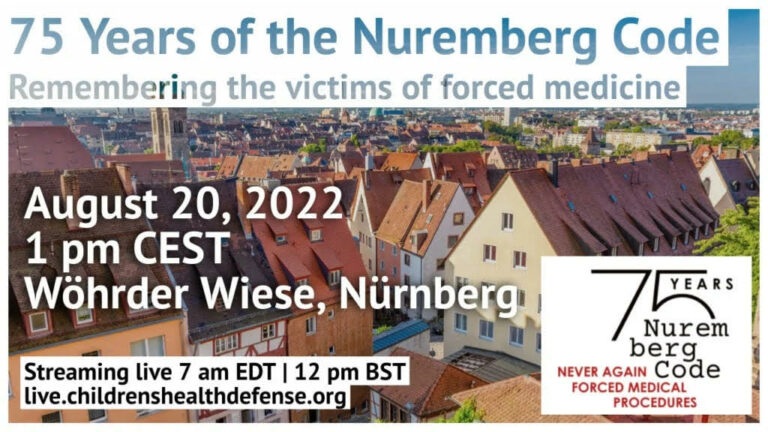To Obey or Not Obey with Holocaust Survivor Vera Sharav
Vera Sharav is a Holocaust survivor and founder of the Alliance for Human Research Protection. She’s spent decades advocating for ethical medical standards and individual rights. Known for her outspoken views on public health, Vera has been deemed controversial for comparing the Holocaust with the global response to the COVID-19…












